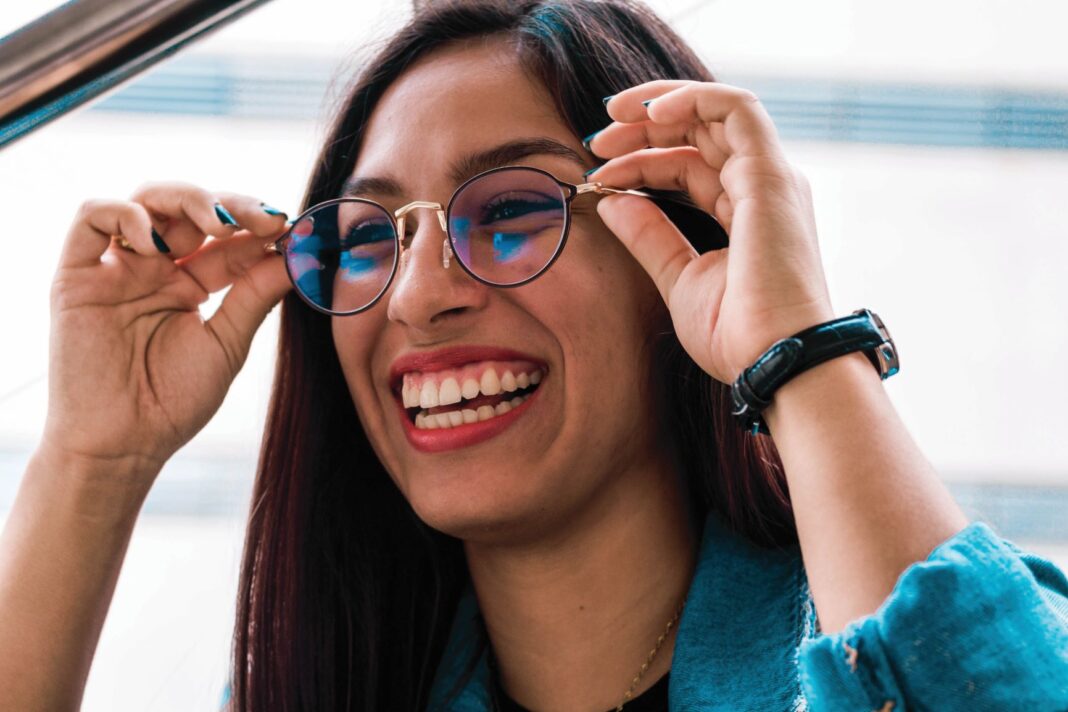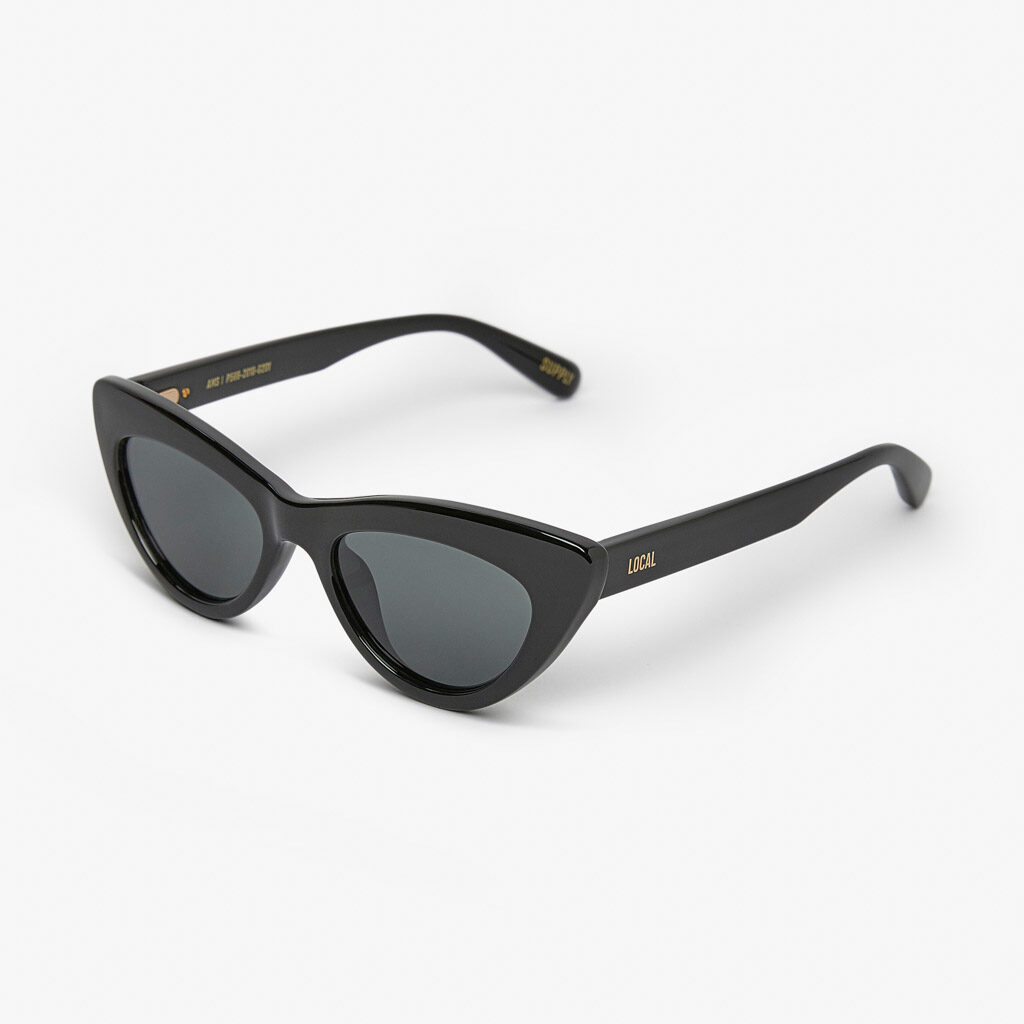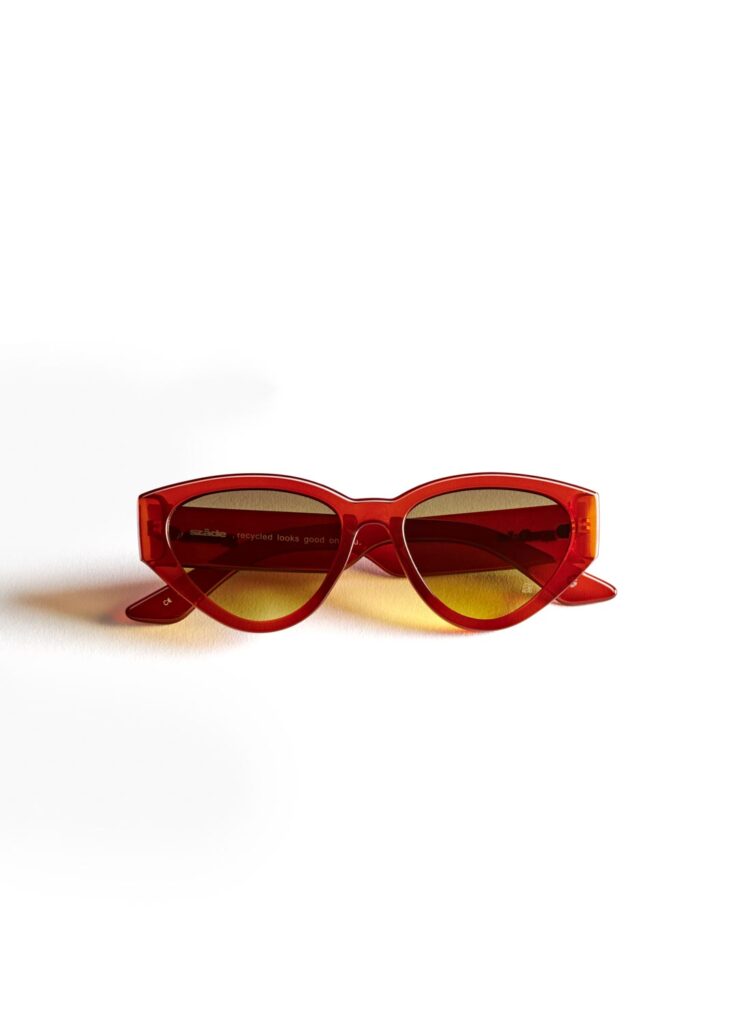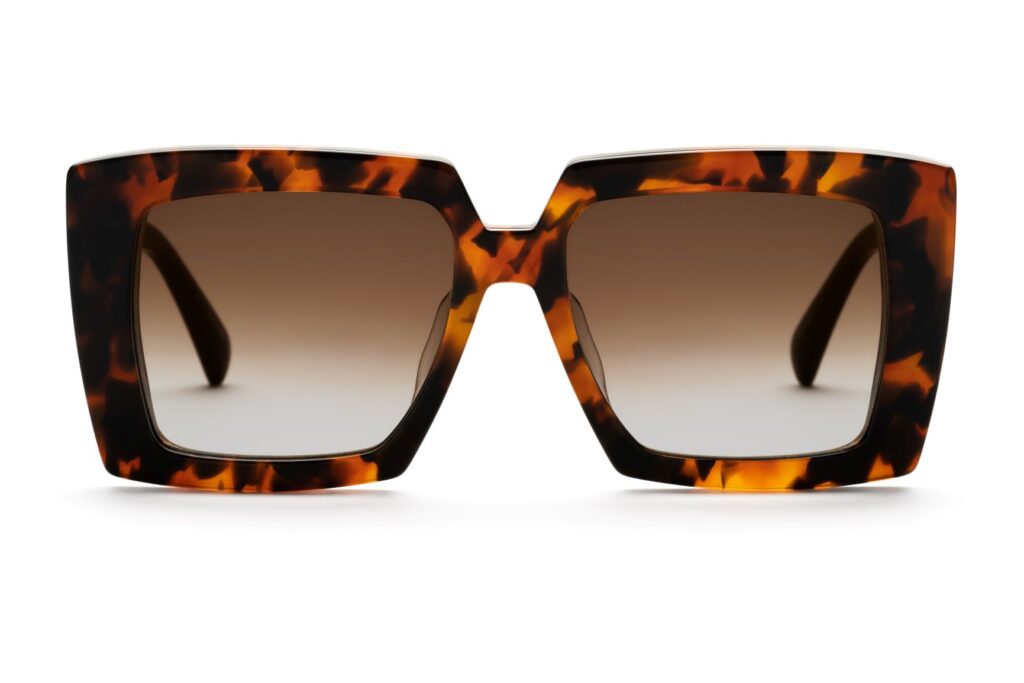Eye health is so important, so before the kids head back to school or you get stuck into work for the year, make sure you get those peepers looked at by a professional.
Back to school
Sophie Koh from Optometry Australia says all children should have a full eye exam with an optometrist before they start school, followed up with regular visits every two to three years as they move through primary and high school. She says any vision issues, if left unattended, could severely impact kids in the classroom.
“From having trouble reading something on the whiteboard, to concentrating, there are a range of ways vision problems can affect learning and confidence.”
It’s important for parents to take the lead on eye health, as children may be experiencing vision problems without knowing it, Sophie says.
“Some children are inaccurately labelled as slow learners, lacking confidence or even troublemakers when they actually have an undetected vision condition which can be identified and corrected with a simple visit to the optometrist.”
Back to work
For most adults, eye exams are recommended every two years.
“For those aged 65+, yearly eye examinations are recommended, and for those with specific health conditions, more frequent eye testing may be necessary,” Sophie says.
“If you notice any changes or irregularities in your vision, you should see your eye health professional immediately.”
At home
It’s also important to take care of your eyes in between visits to the optometrist, too.
“We need to ensure we are eating a range of nutritious foods that form a balanced diet,” Sophie says. “And when it comes to the eyes, there are certain foods we can eat to help us retain good vision for life.”
These foods include: berries and citrus fruits; fish; nuts; whole grains; leafy greens; and dark chocolate with 70% or more cacao.
If you’re using devices, give your eyes a regular break using the ‘20/20/20’ rule: after every 20 minutes of screen time, shift your eyes to look at an object around 20 metres away, for at least 20 seconds.
Sophie says myopia, or short sightedness, is growing at “astonishing rates” globally, with a recent Chinese study finding more children than ever are at risk of developing poor vision through a variety of factors, including increased screen time and decreased time spent outdoors.
The sun, too, can also damage the eyes, and Optometry Australia recommends Australians wear UV protective sunglasses when outdoors, especially in summer. Protective lenses with category three or four protection are best, and prescription options are available.
“Close fitting wrap-around sunglasses or styles with wide temples (arms) provide the best protection for light entering from the side of the face.”
AMS sunglasses $95 Stockists: localsupply.com Kersha sunglasses $79.99 Stockists: szade.com.au Mariana sunglasses $280 ameyewear.com
For more:






